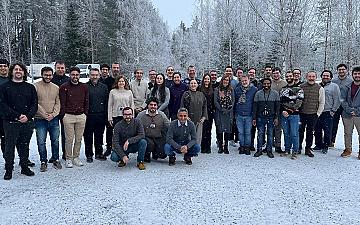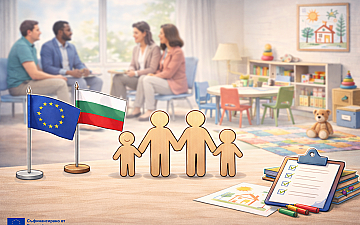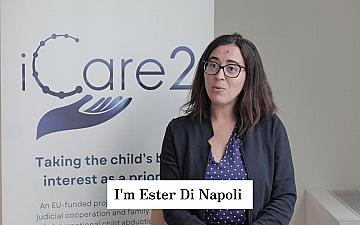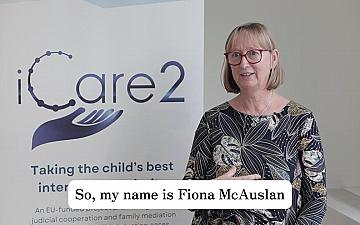In May-June 2019 the Bulgarian MIICT team from the Center for the Study of Democracy conducted a series of interviews with refugees and migrants, NGOs and subject matter experts, as well as providers of public services on the provision, related challenges and needs of service providers and beneficiaries, access to jobs and related training, technology access and use. The interviews were part of the supporting activities for the MIICT requirements elicitation which covered a number of geographical areas apart from the project’s pilot locations in Spain, Italy and Cyprus. Interviewees tackled similar aspects of foreigners’ adaptation in their new country, each revealing different elements in accordance with their groups’ specific point of view.
Respondents were fairly unanimous in terms of migrants’ and refugees’ main needs related to public services. Those were (affordable) accommodation, language training as well as finding jobs and suitable education. Social orientation and adaptation also featured quite often as refugees and migrants needed to ‘find out where they are’ and make contact with the local communities, the latter being the main concern of a number of foreigners interviewed. The language barrier, i.e. lack of information in an understandable language, was universally cited as the main difficulty before beneficiaries in receiving public services. Thus, (longer and sustainable) language courses were generally recommended. However, service providers also cited foreigners’ lack of motivation to settle in Bulgaria and thus participate in any language or other training, as they were rather willing to move to more ‘attractive’ Western European countries.
The lack of understandable information was also related to the discrepancies between what the job market offered in terms of work culture, conditions and salaries and what refugees and migrants expected, leading to them often quitting jobs soon after starting. Discrimination on the part of employers ‘not wanting Arabs in their establishments’ was also put out by NGOs and migrants themselves as reason for their difficulties. Refugees and migrants found jobs most often via compatriots and job consultation and placement services by NGOs, including job fairs. Industries most often seeking migrant workforce are call centers, garment industry, woodwork, construction – fairly low qualified jobs, with fewer possibilities to obtain any others due to the cumbersome procedure of recognizing qualifications. Mediation/job shadowing/buddy systems was cited by both migrants and NGOs among the viable solutions for merging beneficiaries’ expectations and actual offers on the labour market.
Technology access and use was generally found very good, with seeking various information and keeping contact with friends locally and in countries of origin as most frequent aims of use. Nevertheless, service providers pointed out the lack of multi-language interfaces of information websites and the non-affordability of hardware. In terms of solutions, several service providers pointed to websites and applications they have developed to provide information and facilitate communication.
The project is implemented with the support of the H2020 Research and Innovation programme of the European Commission under Grant Agreement No 822380.








